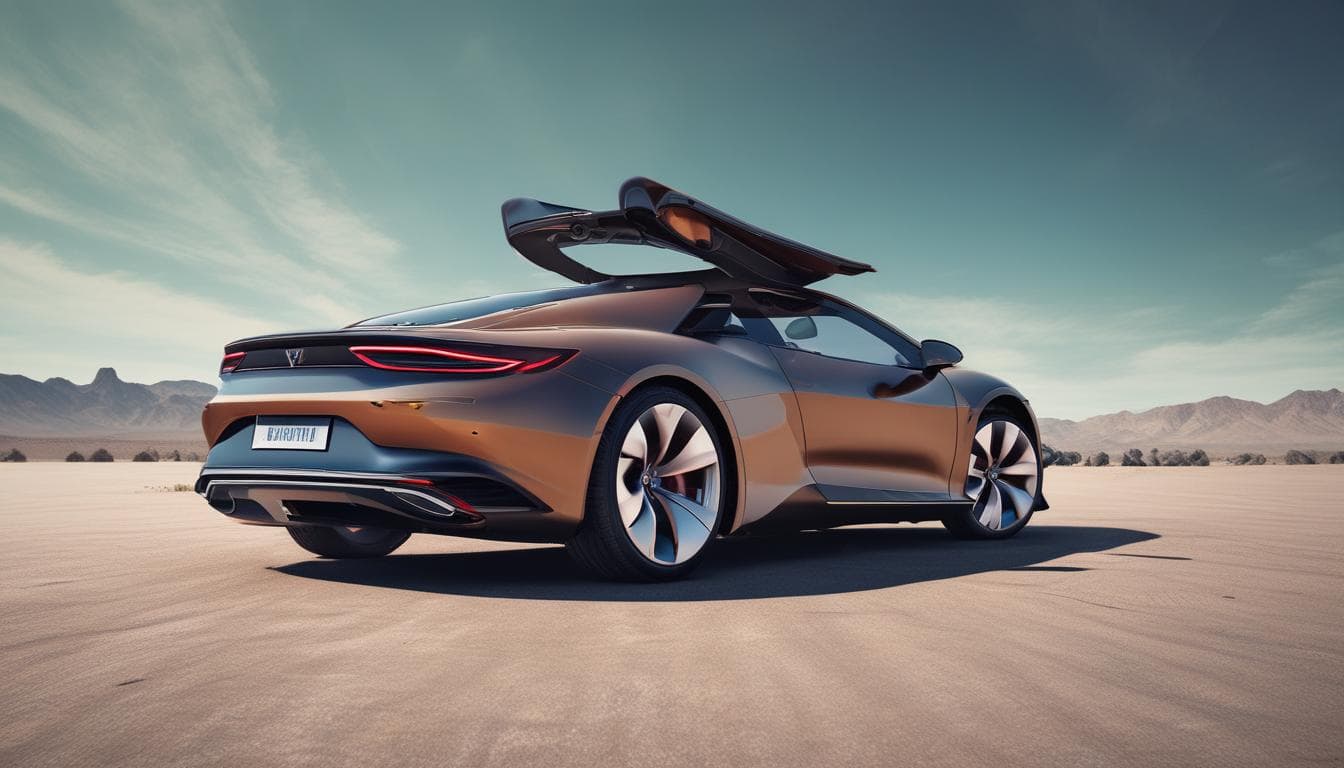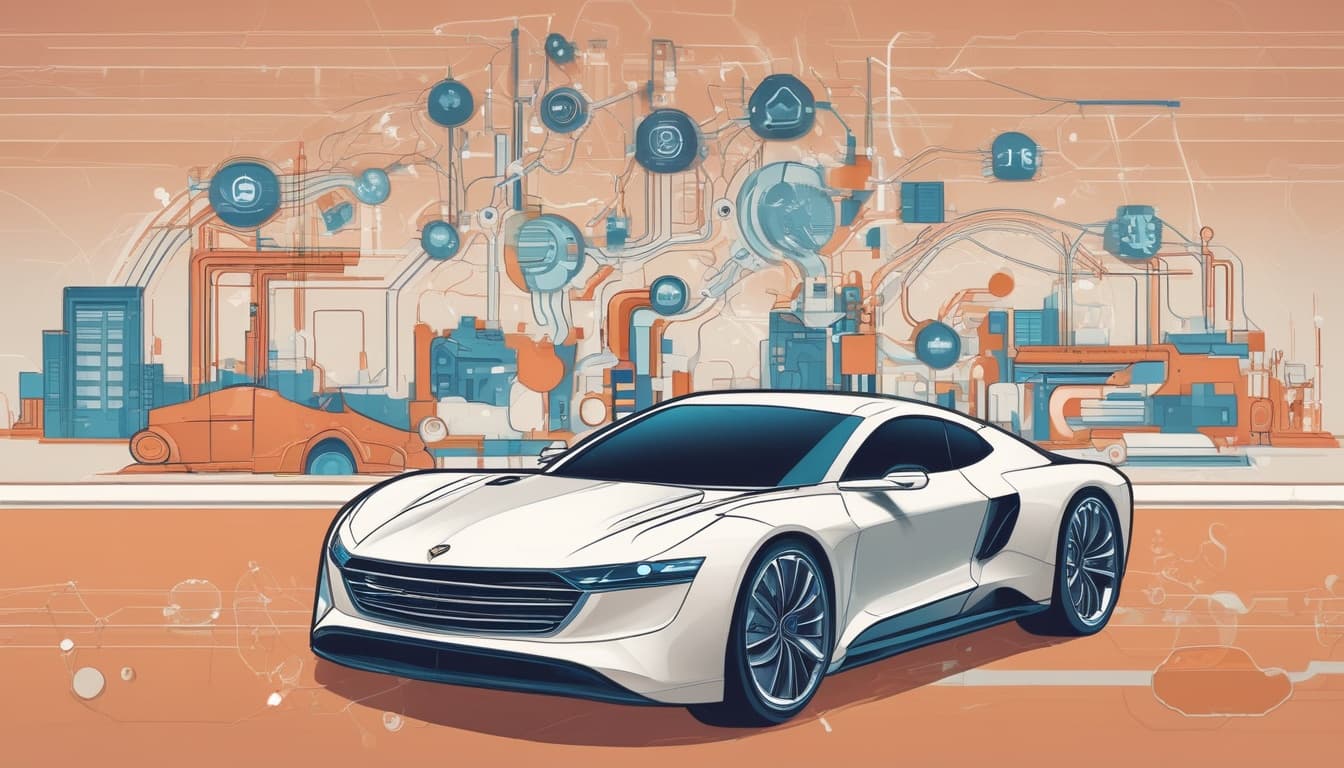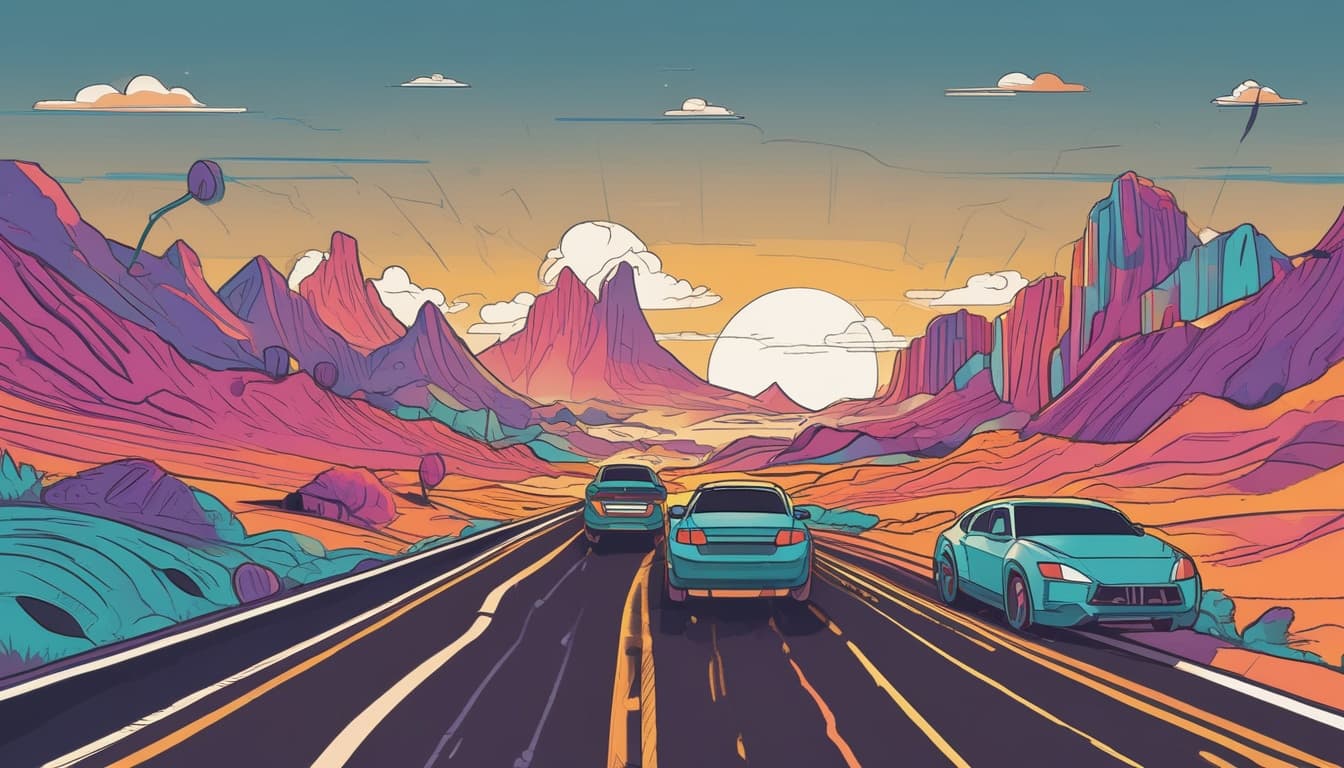With cars increasingly reliant on complex software and integrated systems, what does the future hold for the passionate DIY mechanic and the customization scene? Will the 'right to repair' movement extend effectively into this new era, perhaps fostering open-source automotive platforms, or are we heading towards vehicles becoming impenetrable 'black boxes' accessible only to manufacturers? Share your vision for the future of hands-on automotive enthusiasm.
That's a fantastic question, and one that's top of mind for many enthusiasts. I think the future of the DIY mechanic and customization scene is at a critical juncture, heavily influenced by the increasing complexity of automotive software and systems.
Here are a few thoughts:
- The "Right to Repair" Movement is Crucial: This movement is more important than ever. Without access to diagnostic tools, repair information, and the ability to modify software, the DIY mechanic is essentially locked out. Hopefully, legislation and industry cooperation will lead to more open access.
- Open-Source Automotive Platforms: This is an exciting possibility! Imagine community-driven operating systems for cars, allowing for extensive customization and repair. This would require significant collaboration and standardization, but the potential is huge. We might see smaller companies or even dedicated open-source communities emerge to fill this niche.
- The Rise of Automotive Cybersecurity: With increased connectivity comes increased risk. Protecting connected vehicles from emerging threats will be paramount. This could create challenges for DIYers, as manufacturers may argue that unrestricted access compromises security.
- Upskilling and Adaptation: DIY mechanics will need to adapt and learn new skills. This includes understanding automotive software, networking, and cybersecurity. Online courses, workshops, and community knowledge sharing will be essential.
- The Role of AI: AI could be a double-edged sword. On one hand, it could make diagnostics easier and provide personalized repair recommendations. On the other hand, the AI revolution in automotive could lead to even more complex and opaque systems.
- Subscription Models and "Black Boxes": The trend towards software subscriptions is concerning. Exploring the rise of software and feature subscriptions raises questions about ownership and control. If manufacturers lock down access to software and features, it will stifle customization and repair.
My vision is a future where DIY mechanics and customizers can still thrive, but it requires a proactive approach. We need to advocate for the "right to repair", embrace open-source solutions, and invest in education and training. It won't be easy, but the passion and ingenuity of the automotive community can overcome these challenges.
探索更多相关内容
加入讨论
- 自动驾驶时代:汽车如何成为您的心灵充电站?
在自动驾驶的未来,汽车将超越交通工具,成为应对现代生活压力的心灵休憩港湾。本讨论深入探讨如何通过定制化的感官体验、智能互动,将车载空间设计为恢复精力、激发灵感甚至实现“数字禅修”的移动充电站,提升用户身心健康。
- 未来汽车:城市生态的移动共生体?
深入探讨未来汽车作为城市“移动共生体”的可能性。想象它们如何主动吸收污染物、种植微型植物,并为城市提供清洁能源,从而彻底改变城市面貌和我们的生活方式。本讨论将分析此类创新带来的设计挑战与伦理考量。
- AI定制时代:汽车的“灵魂”与“美”将由谁来定义?
在AI深度定制汽车的时代,传统汽车设计与经典美学将面临何种变革?本讨论深入探讨人工智能对汽车外观、内饰及驾驶体验个性化的影响,以及人类创造力在其中扮演的新角色。它还思考了AI主导的无限个性化将如何重塑汽车作为文化符号和艺术品的价值,并展望未来汽车“灵魂”与“美”的定义权归属。




